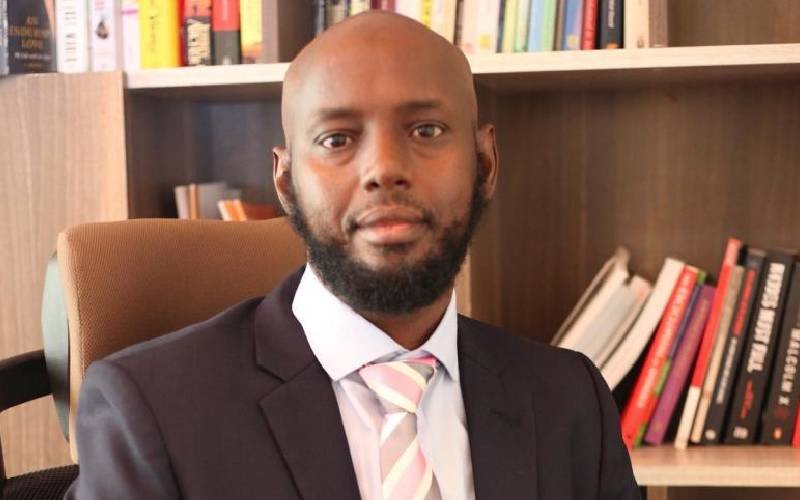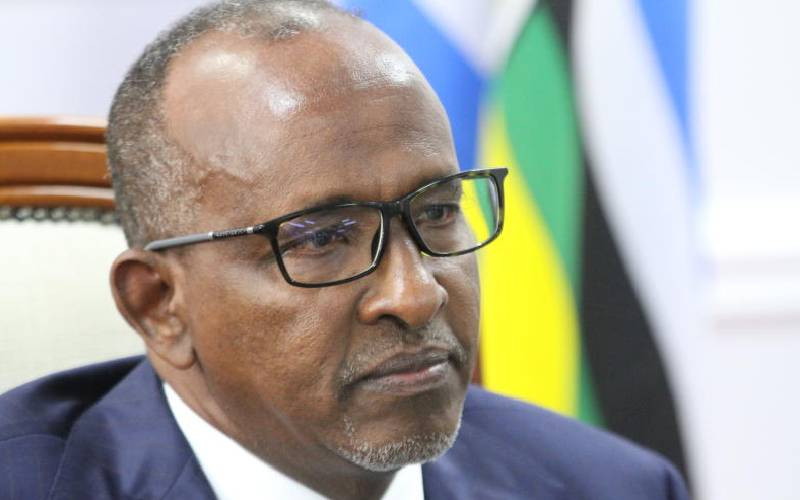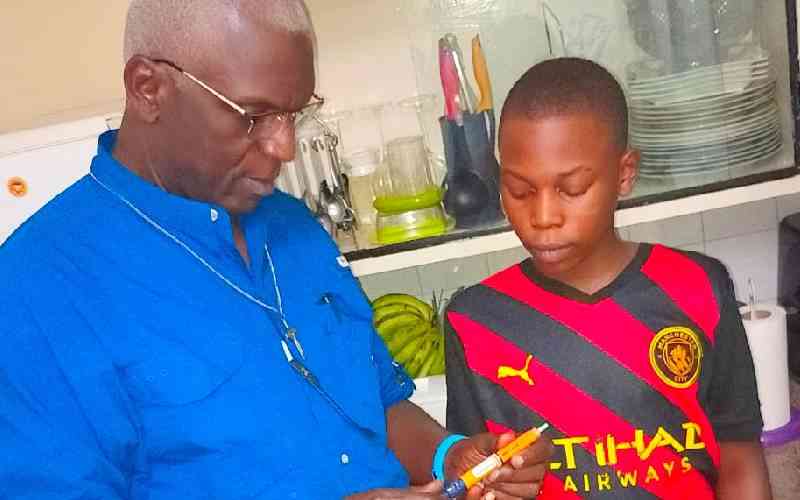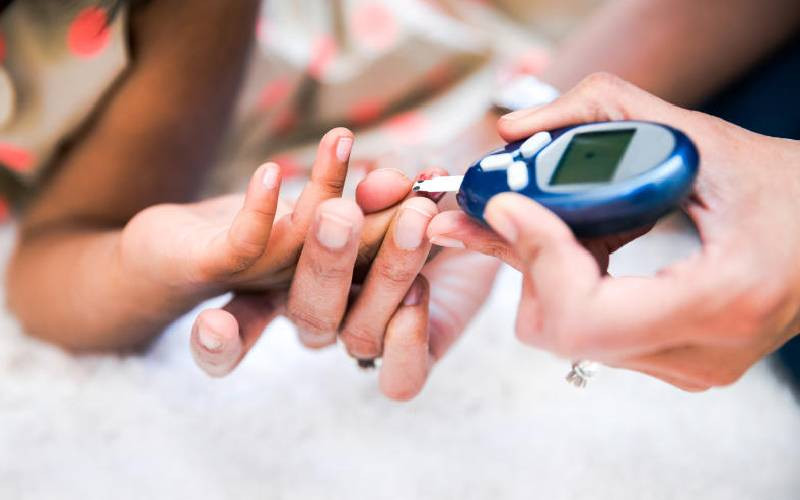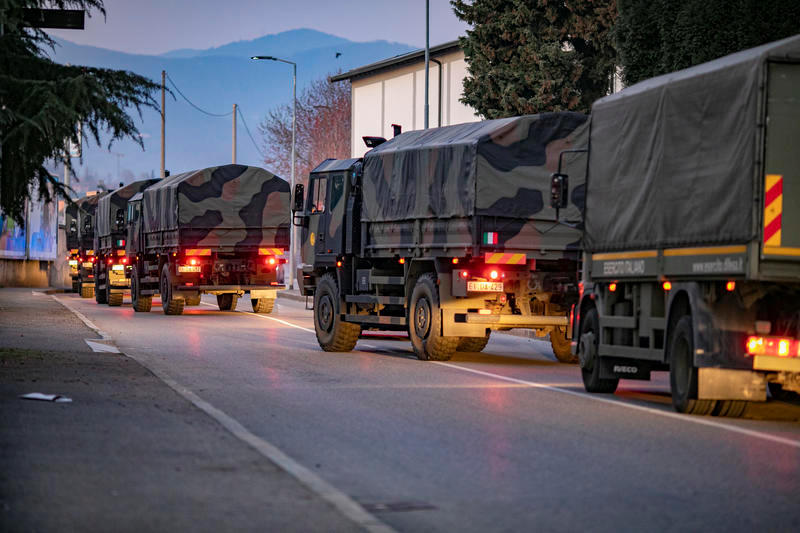
No other country in the world has been hit as hard and as fast with the coronavirus like Italy.
In less than a month, Italy has seen itself move from recording only three cases to having the highest number of deaths in the world. While this has happened, life has drastically changed for the country.
Currently, some 47,021 people are infected with the virus in Italy, with 4,032 dying from it. These numbers have come at a price even for the living. The most significant being the lockdown of some 60 million people.
Although Kenya has only seven cases of coronavirus, the situation could quickly become a full blown catastrophe if the people and the government do not buckle down and take drastic measures to stop the spread of the virus.
Now, other countries are trying to learn from Italy, and prevent similar devastating statistics from being replicated in their own. The exact toll of coronavirus on Italy can only be understood by looking at the history of the diseases in the country that has not known such a pandemic before.
Large gaps
In many countries, including Kenya, the pandemic is only in its initial stages. Peak infections are weeks away and an outbreak will test our country’s devolved healthcare system to its limits, highlighting the large gaps within it when confronted with a major crisis.
Crucially, shortfalls in testing and reporting of Africa’s number of infected has been questioned by the World Health Organisation.
“We cannot take this numbers (as they are), probably there are undetected or unreported cases,” said World Health Organisation Director-General Tedros Ghebreyesus. “In other countries we have seen how the virus accelerates after a tipping point, the best advice for Africa is to prepare for the worst and prepare now,” he said.
Currently, close to 280,000 people globally have been infected with 11,421 deaths recorded. Of these infections, close to 92,000 people have recovered.
Official records indicate that the first case in Italy was recorded on February 20, when a 38-year-old man checked himself into a local hospital in the town of Codogno in Lombardy, Northern Italy. There has however been the belief that the virus was in the country before this first official recording.
This means that although Kenya recorded her first positive test on March 12, there is a possibility that there are other positive cases.
“The virus had probably been circulating for quite some time,” Flavia Riccardo, a researcher in the Department of Infectious Diseases at the Italian National Institute of Health told Time Magazine in a March 10 interview. “This happened right when we were having our peak of influenza and people were presenting with influenza symptoms.”
This, health officials in the European country believe, could have contributed to the virus spreading unnoticed.
And by the time the authorities realised there were several cases, it was almost too late, and the healthcare system and the central government were caught flatfooted by the sheer magnitude of the number of patients who not only tested positive for Covid-19, but whose symptoms demanded emergency care.
The Italian government has now taken more steps to try and curb the spread of the disease. A lockdown announced on March 12 meant to last until early April as the death toll keeps rising, has been extended indefinitely. Prime Minister Guiseppe Conte told the BBC that the lockdown helped ‘prevent the collapse of the system.’
Most businesses have been shut down. Public gatherings have been banned. Bars, restaurants and most shops have closed, as have schools and universities.
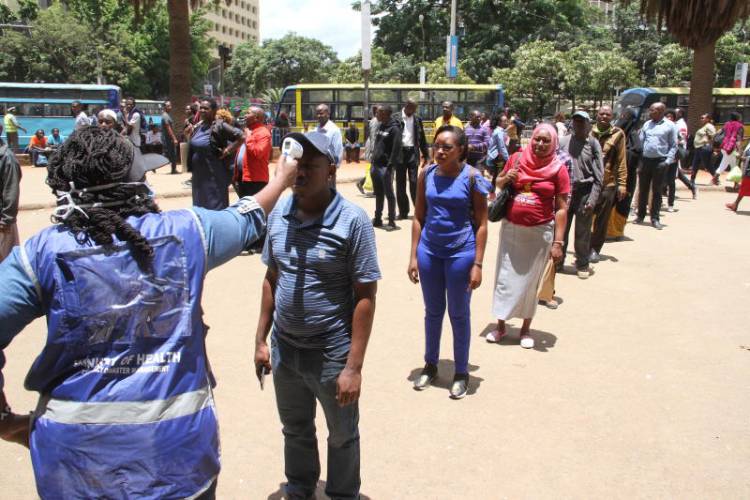
In Kenya, only a fraction of these measures have come into effect. Public transport continues unchecked, bars and restaurants continue to operate. Although schools have been shut and workers urged to operate from home, little enforcement means social distancing is a far-off concept.
Because of this, critics say that the government is not fully committed to stopping the spread of the virus.
“The recommendations and decisions made by the President, and indeed other authorities since, do not speak to, nor do they address the majority of the Kenyan citizens who are vulnerable and most susceptible to the spread of the Covid-19, and its e?ects,” the International Commission of Jurists said in a statement.
A report by the Istituto Superiore di Sanita, the leading technical-scientific body of the Italian National Health Service, into the deaths in Italy found that three regions, all in the north, were by far the worst hit.
In one city, Bergamo in Northern Italy, the dead were too many for the local crematorium. There were just too many coffins and too many families mourning. The city turned to the country’s army to get rid of its dead. One morning, the city woke up to images of trucks from the National Army ferrying coffins to a crematorium in a neighbouring city.
Just days after the trucks ferried bodies from that city, deaths increased and surpassed the toll in China, where the outbreak originated.
The fear in Italy, just like Dr Ghebreyesus’ fear for Africa, is that the final death toll could be higher than official statistics.
“There are significant numbers of people who have died but whose death hasn’t been attributed to the coronavirus because they died at home or in a nursing home and so they weren’t swabbed,” Giorgio Gori, mayor of the town of Bergamo, told Reuters news agency.
In parts of Italy, an overwhelmingly Catholic country steeped in tradition, death is not final. In fact, it has left the living with more wounds to nurse.
The Italian government banned any funeral masses and wakes. The argument has been that funerals present the same risks as any other gatherings.
When an infected patient dies in the hospital, his body is sealed inside the coffin, and then delivered to the graveyard. If the family has not been quarantined, they can join a local parish priest wearing protective gear and recite a short prayer before the burial.
Otherwise, they must wait until the crisis is over and the lockdown lifted to say their final goodbyes. Fathers, mothers, grandparents all become part of a painful memory.
To manage the crisis, Italian authorities say that if a relative tests positive for the coronavirus, anyone who had direct contact with them must enter a 15-day quarantine and notify local health authorities.
This means patients have no direct contact with the family. And if a patient’s condition worsens, there might be no chance of meeting them alive any more.
As Italy grapples with its pain, the rest of the world is trying to learn from its current situation. Learn from its pain. Learn from its omissions. Learn from the tears and its weaknesses and hopefully do better for their citizens. By last evening, coronavirus had killed some 4,000 people in Italy, with ten times more infected. Its death rate stands at 8.5 per cent, more than double the global average.
Italy is treating the coronavirus pandemic like a wartime emergency yet, many African countries, Kenya included are still dithering over potentially lifesaving decisions.
As health officials in Italy scramble to set up more hospital beds, we are still struggling to equip our medics with Personal Protective Equipment.
Other countries can learn important lessons from Italy, says Dr Giuseppe Remuzzi, the co-author of a recent paper in The Lancet about the Italy’s dire situation. The takeaways include how to swiftly convert a general hospital into a coronavirus care unit with specially trained doctors and nurses.
“The percentage of patients in intensive care reported daily in Italy between March 1 and March 11, has consistently been between 9 per cent and 11 per cent of patients who are actively infected,” reads the paper.
“If this trend continues for one more week, there will be 30,000 infected patients. Intensive care units will then be at maximum capacity; up to 4000 hospital beds will be needed by mid-April, 2020.”
What’s scary about Italy’s experience is that Italy wasn’t exactly passive in its response to the virus. It acted, quarantining a dozen towns in northern regions on February 23, urging the public to engage in social distancing, and ordering the closure of all schools nationwide on March 4.
Yet, it was still impossible to combat something they didn’t know existed.
“We had dermatologists, eye doctors, pathologists, learning how to assist a person with a ventilator,” Remuzzi says.
 The Standard Group Plc is a multi-media organization with investments in media
platforms spanning newspaper print
operations, television, radio broadcasting, digital and online services. The
Standard Group is recognized as a
leading multi-media house in Kenya with a key influence in matters of national
and international interest.
The Standard Group Plc is a multi-media organization with investments in media
platforms spanning newspaper print
operations, television, radio broadcasting, digital and online services. The
Standard Group is recognized as a
leading multi-media house in Kenya with a key influence in matters of national
and international interest.



